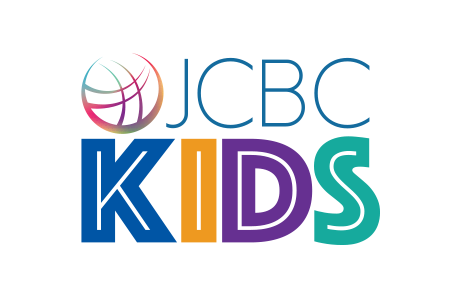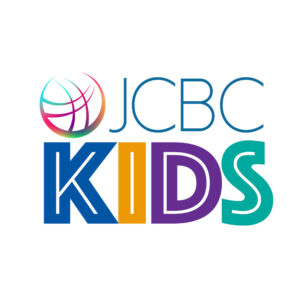We are Connected for Community
We were never intended to do life all alone, but rather in the love and company of God and each other.

Thank you for volunteering in JCBCKids! And thank you for taking the time for training. When our volunteers are better trained, they are better prepared. They are better prepared to keep children safe. They are better prepared to teach children God’s truths and they are better prepared to be the hands and feet of Jesus in the life of our children.
Please be sure to watch all the videos Pastor Robin assigned for your area of service and complete the form at the bottom of the page once you are finished. Reach out to Robin Priddy, Children’s Pastor, rpriddy@jcbc.org, if you have any questions.

At JCBC, we believe God loves each and every one of us no matter what. We also believe that God can reach and teach each and every one of us in unique and special ways. While all our children can certainly be shown God’s love through our volunteers, some of our children need to be shown God’s love in unique and special ways. Here are a few nuggets to best assist you in working with children with special needs:
Each individual and their caregivers experience the disability differently. Some disabilities are less observable, and some families choose not to share those diagnoses with others, especially in new settings, thus, an important way to respect these individuals is to protect their privacy. Please remember to discuss any needs or concerns regarding one of these wonderful individuals that are in our care in private with Pastor Robin.
Through behavior, an individual may be communicating a need for something like attention, softer music, less language, a slower pace, lights to be turned off for a few minutes, or a clearer understanding of the expectations. You might approach the child, get on their level, and talk calmly. You might give them a meaningful role, such as passing out materials. You might help them regulate their emotions by taking a walk. You might redirect them or help them notice something funny or someone that is doing it right and that we can imitate them. Children will strive to do their best when they know how to do their best!
There are many disabilities that involve weaknesses in comprehending and/or organizing language to communicate. You may notice that they shy away from responding. Silence is not a bad thing! Instead of asking questions, you can replace questions with a statement about something you notice using “I” statements. Examples: “I think you are having a good time.” “I like this song.” And then wait. Count to 10 and let the child have space in the conversation to respond. You will not always get a response, and that is okay!
Some helpful “I” statement starters:
Avoid “good job” or “awesome.” Individuals with disabilities may have no idea what they did that was worthy of praise. Instead, “It was awesome how you listened to the directions.” Catch them doing something great, and make sure they know you saw it.
As you prepare to serve, think about how you might best minister to our children with special needs in your role as a JCBCKids volunteer. If you have any questions, don’t hesitate to reach out to Pastor Robin (rpriddy@jcbc.org).